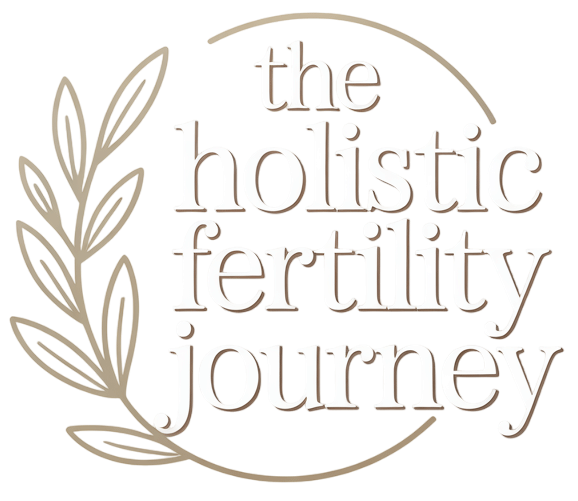The Bottom Line: A Thoughtful Relationship With Food
The question isn’t just whether eating organic “works” for fertility, but what feels truly supportive for you. Organic food can be a helpful tool for reducing certain environmental burdens and possibly boosting reproductive health, but it is one piece of a much bigger puzzle. If you are able and interested, focusing on organic—especially the “dirty dozen” produce and animal products, within your means—can be a meaningful way to nurture yourself in preparation for pregnancy.
More important than striving for the unattainable perfect diet is an attitude of self-compassion, curiosity, and trust in your body. Choose organic where you can, savor the taste of real food, and, as always, give yourself plenty of grace along the way. You deserve information, not guilt—empowerment, not overwhelm.
